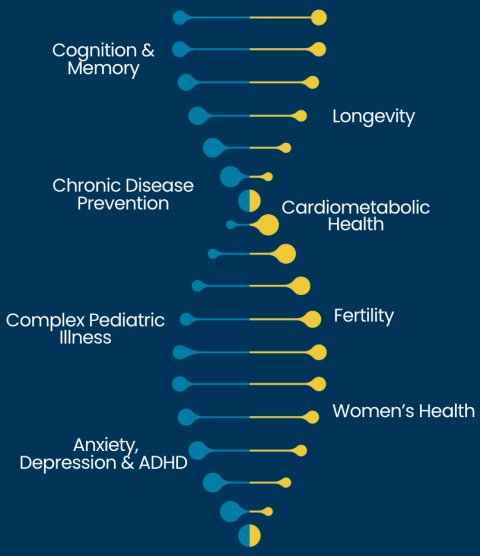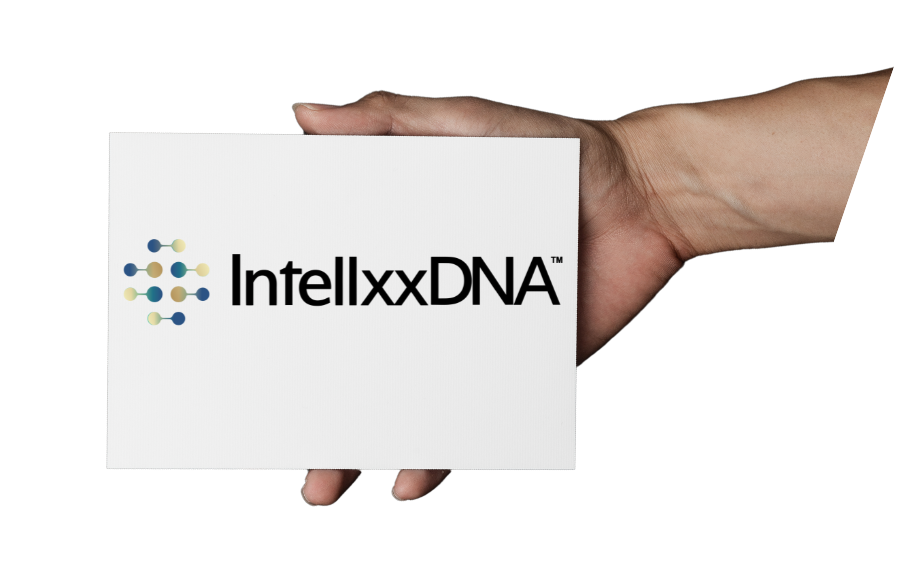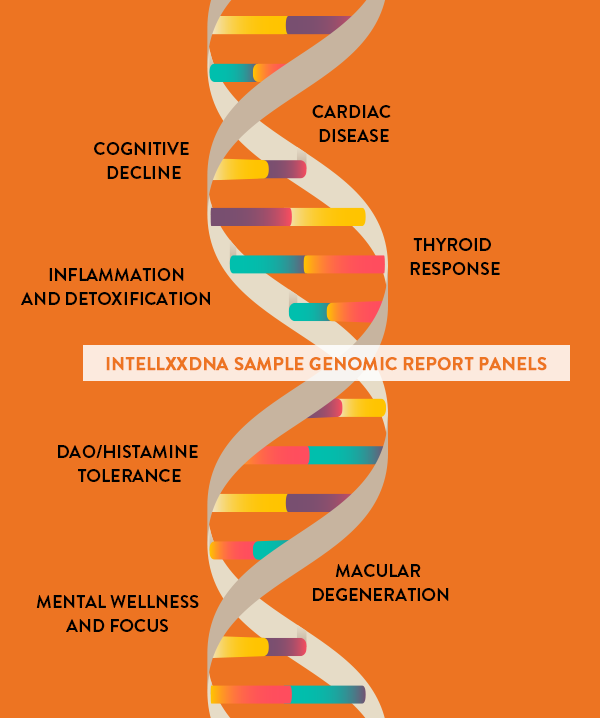
Pricing Guide for Dr. Etemad’s Intellxx Panels:
Initial Intellxx testing package:
Intellxx testing, order kit through Intellxx, 15 minute phone consultation, then one hour to review results via telehealth.
Cost: $500 plus cost of testing (can add in person one hour visit within 12 months of consultation for Osteopathic treatment for $400).
This will cover Intellxx testing for any of the following combination packages that involve:
Executive ($1200), Resilient Brain ($1300). The Powerhouse ($1700), which includes all three standard panels, requires a 90 minute consultation and costs $750.
Single standard panel package:
Intellxx testing, order kit through Intellxx, 15 minute phone consultation, then 45 minute telehealth consultation to review results
Cost: $400 plus cost of testing (can add in person one hour visit within 12 months of consultation for Osteopathic treatment for $400). This will cover Intellxx testing for any of the following panels.
Medical Overview ($700), Brain Optimization ($900), and Mental Wellness ($900), Neurodevelopmental panel ($1150)
New lower cost package for new panel:
Intellxx new testing panel, Spotlight on Anxiety and Depression ($450), 15 minute phone consultation plus 30 minute telehealth results review.
Cost: $200 (can add in person one hour visit within 12 months of consultation for Osteopathic treatment for $400)


